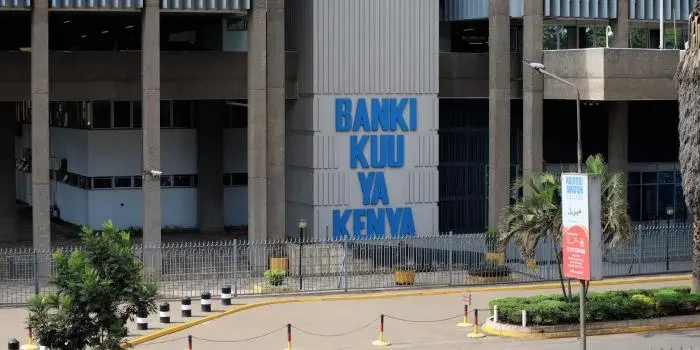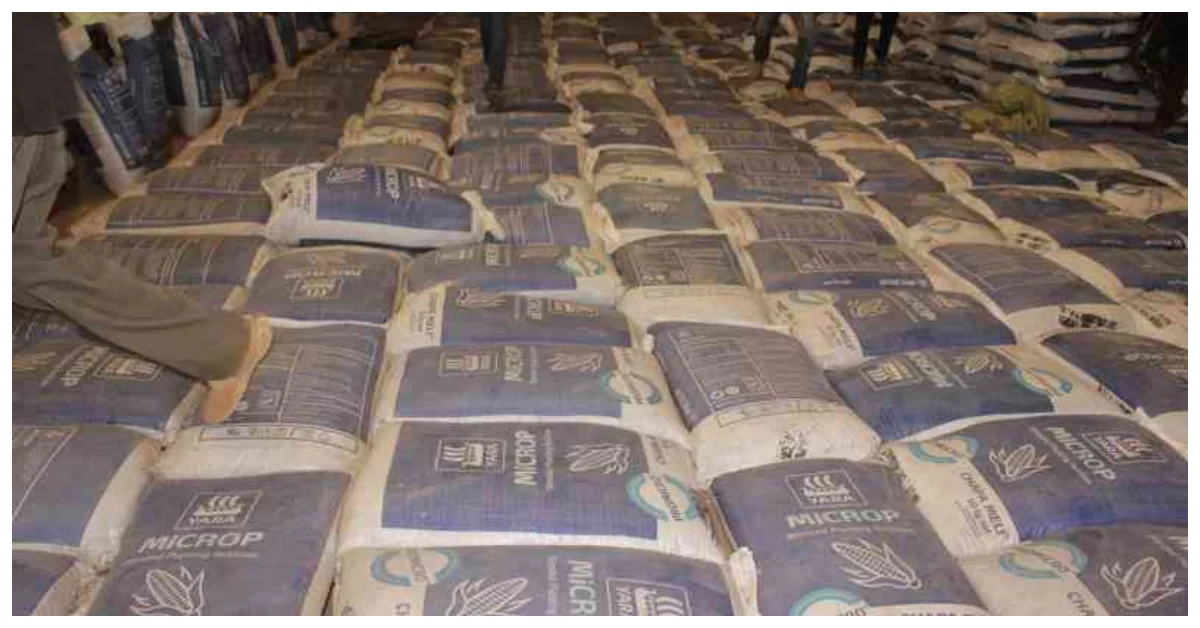Kenya’s efforts to provide subsidized fertilizers through its program has faced several challenges. Non-recipients have pointed out issues such as delays between notification and fertilizer collection, financial constraints hindering voucher utilization and improper timing.
Other challenges include extended queues, remote distribution locations, concerns about corruption, failure to contact registered farmers, problems with land ownership documents, and delayed information dissemination.
As per the Central Bank of Kenya (CBK), access to government-subsidized fertilizer among surveyed farmers from the CBK stood at 49% in July 2023, showing an increase from 43% in May and 29% in March of the same year. Respondents in the MPC Survey acknowledged the enhanced registration and distribution processes, facilitated by automation.

However, some farmers expressed reservations about the Ministry of Agriculture’s reliance on the North Rift season as the benchmark for distributing subsidized planting and top-dressing fertilizers. They argued that different regions have varying planting and harvesting schedules.
Additionally, the effective use of subsidized fertilizer is sometimes limited by the lack of a dependable water source, primarily due to dependence on rainfall.
Looking forward to August, the CBK’s survey projects stability or a decrease in retail prices for cereals, grains, and their products. A majority of respondents anticipate reduced prices for cereals, grains, legumes, maize, and green grams, coinciding with the harvest season in lower Eastern, Western, and South Rift regions.
Read Also: Fertilizer E-Forger System to Enhance Transparency in Distribution
The anticipated increase in supply from the rainy season is expected to lead to a further decline in vegetable prices, although at a slower pace. On the other hand, the cost of cooking oil/fat and sugar is predicted to remain high or even increase due to higher importation costs and reduced sugarcane deliveries.
In its initial phase, the program aims to benefit around 2,149,760 farmers. The subsidized fertilizer, priced at KSh3,500 for a 50kg bag (a reduction from KSh6,000), is being transported to National Cereals and Produce Boards (NCPB) across designated counties. Distribution will then extend to local wards and areas through farmers’ cooperatives.
This initiative is being collaboratively executed by various government bodies, including the Ministries of Interior and National Administration; Agriculture and Livestock Development; The National Treasury and Economic Planning; Co-operatives, Micro, Small, and Medium Enterprises Development; and Investments, Trade, and Industry.
Subscribe to our YouTube channel Switch TV
To ensure accountability and traceability of the subsidized fertilizers, the government exclusively provides them to registered farmers through an e-voucher system.
















